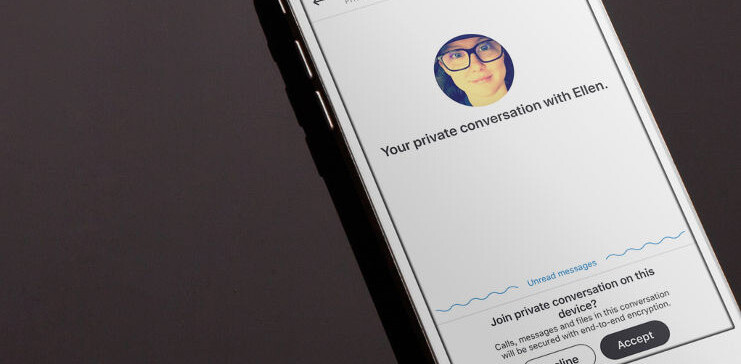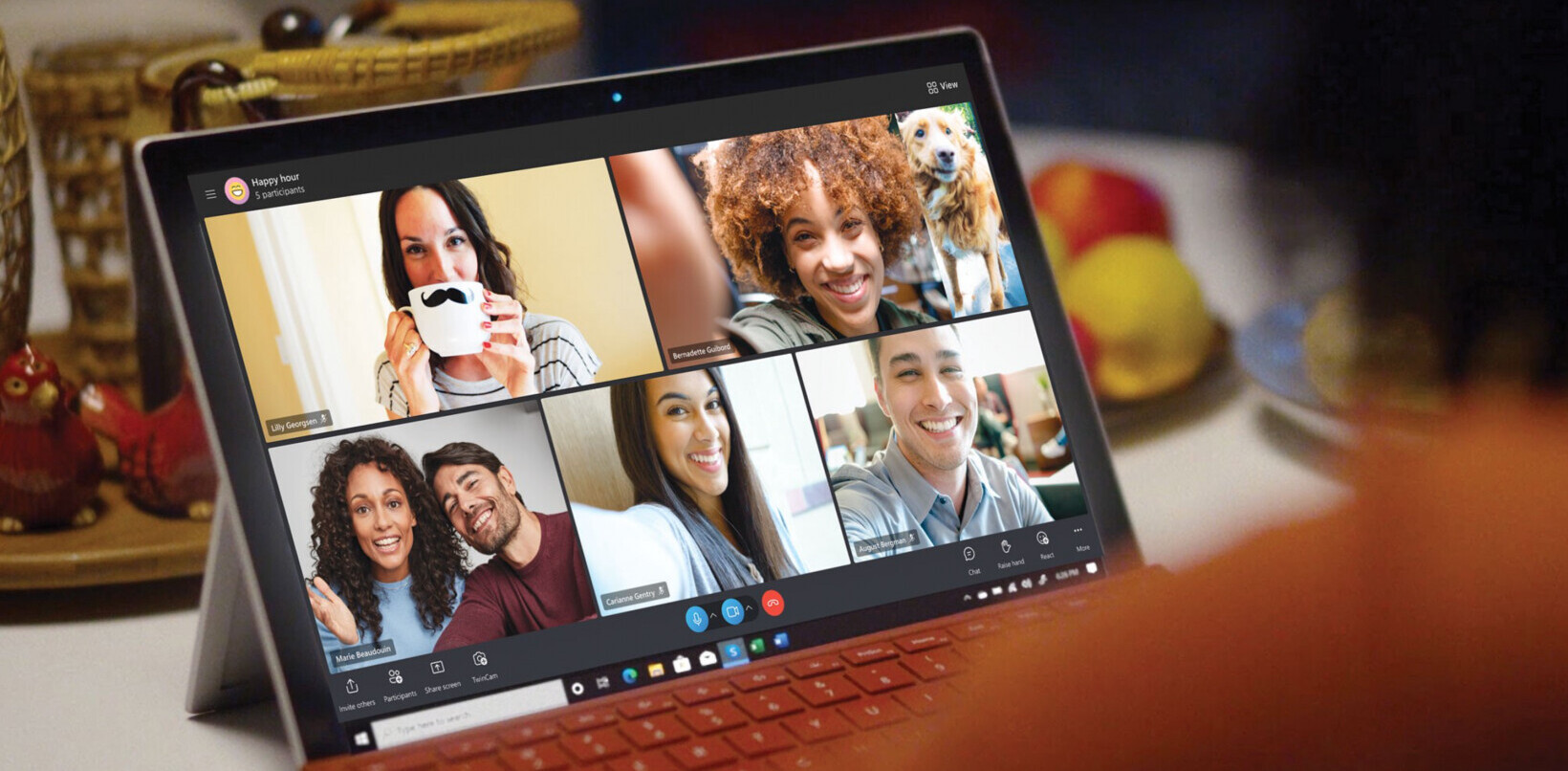
Members of the U.S House of Representatives has resolved security concerns over the adoption of Internet phone and video teleconferencing service and will allow members to make Skype and ooVoo video calls.
Members of Congress will be able to reduce time spent travelling, increase communications and be more transparent with its use of Skype’s VOIP functionality, reducing cost whilst providing a real-time communication tool to inform and gain feedback from constituents.
The House had been called upon to allow its members to use technologies like Skype for more than a year. In April 2010, House Republicans sent a letter to the then-Speaker Nancy Pelosi (D-Calif.) and then-House Administration Committee Chairman Robert Brady (D-Pa.) requesting Skype to be implemented.
In order to utilise video calling, the House had to negotiate license agreements with Skype and ooVoo to make sure that there was the necessary level of security within the network. This means that each member, officer, committee chair, official and member of staff will need to accept House-specific agreements which comply with internal rules and regulations.
The congressional network security team worked closely with Skype engineers to ensure secure usage, according to Staci Pies, director of government and regulatory affairs for Skype in North America.
“Each of the Congressional offices will have access to their own Skype manager account, so one central person in each office can administer the Skype accounts,” wrote Pies in a Skype blog posting Tuesday. “In addition, members of Congress and their staff can personally configure important privacy settings to provide the highest level of security available on Skype, and as always, the Skype software allows people to accept or block a contact, and it never ‘answers’ a call unless instructed to do so by the user.
“Skype enables lawmakers to hold meetings with their constituents who are unable to travel to the Congressional office, participate in virtual town hall meetings when the member is not in her district, and build relationships and collaborate more effectively with other members on important legislative efforts,” added Pies. “Now, members of Congress can reduce travel time and related costs while increasing and improving communications, transparency, and government accountability.”
Last year, we reported that House Republicans were set to break some longstanding traditions and soon permit the use of iPads, iPhones and BlackBerry devices on the House floor, as long as it doesn’t “impair decorum.”
John A. Boehmer, the Republican Member for Ohio, is to relax measures impacting the use of electronic devices, keeping the ban in place for matters that weren’t House-related like phone calls or internet shopping, their use being both greener, able to help inform Members of different pieces of legislation and also allow them to receive communications.
With Skype operational on iPhones and soon coming to iPads, communications between members and constituents are set to increase.
Get the TNW newsletter
Get the most important tech news in your inbox each week.





